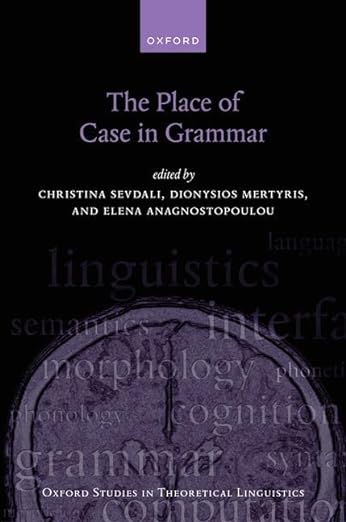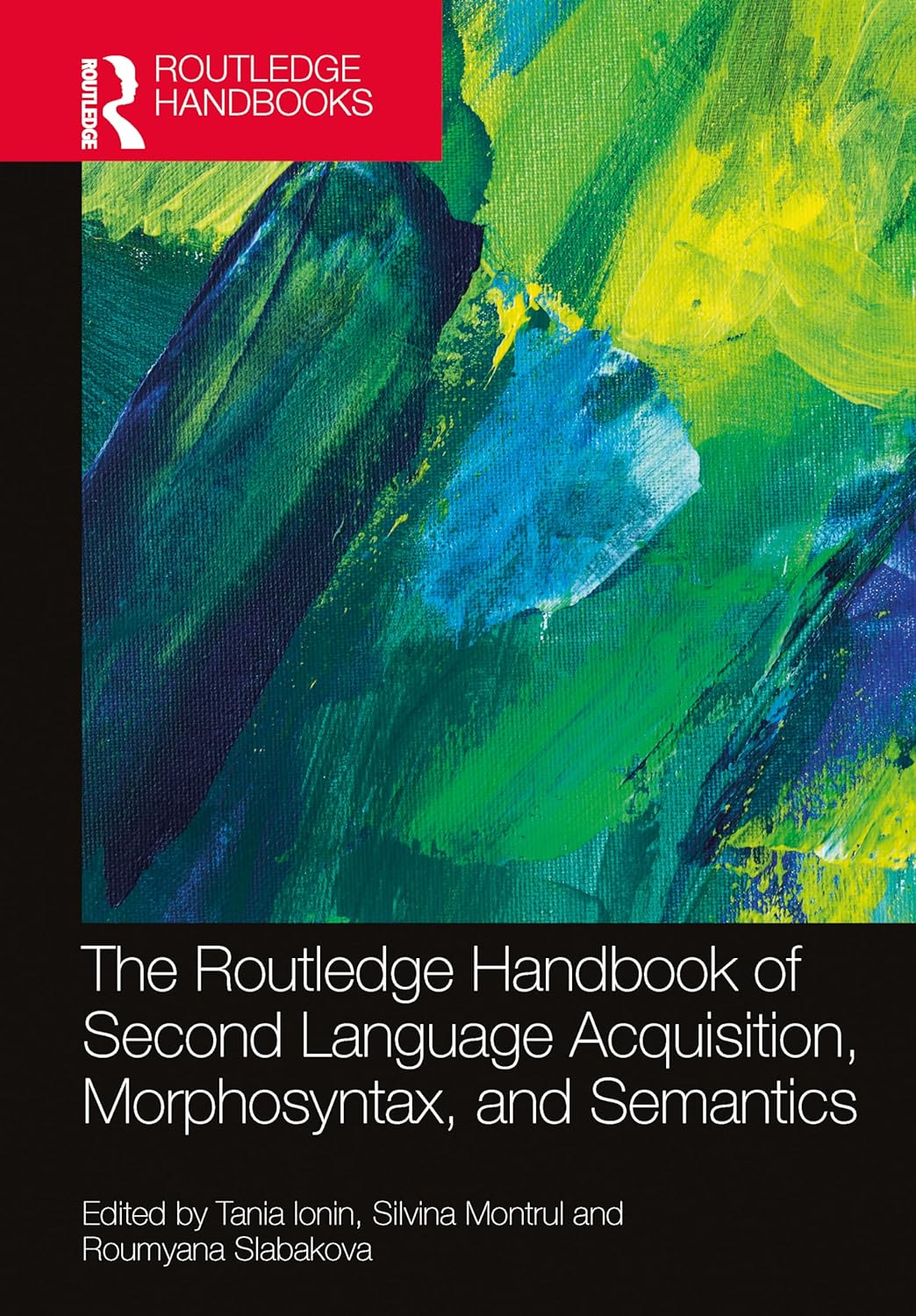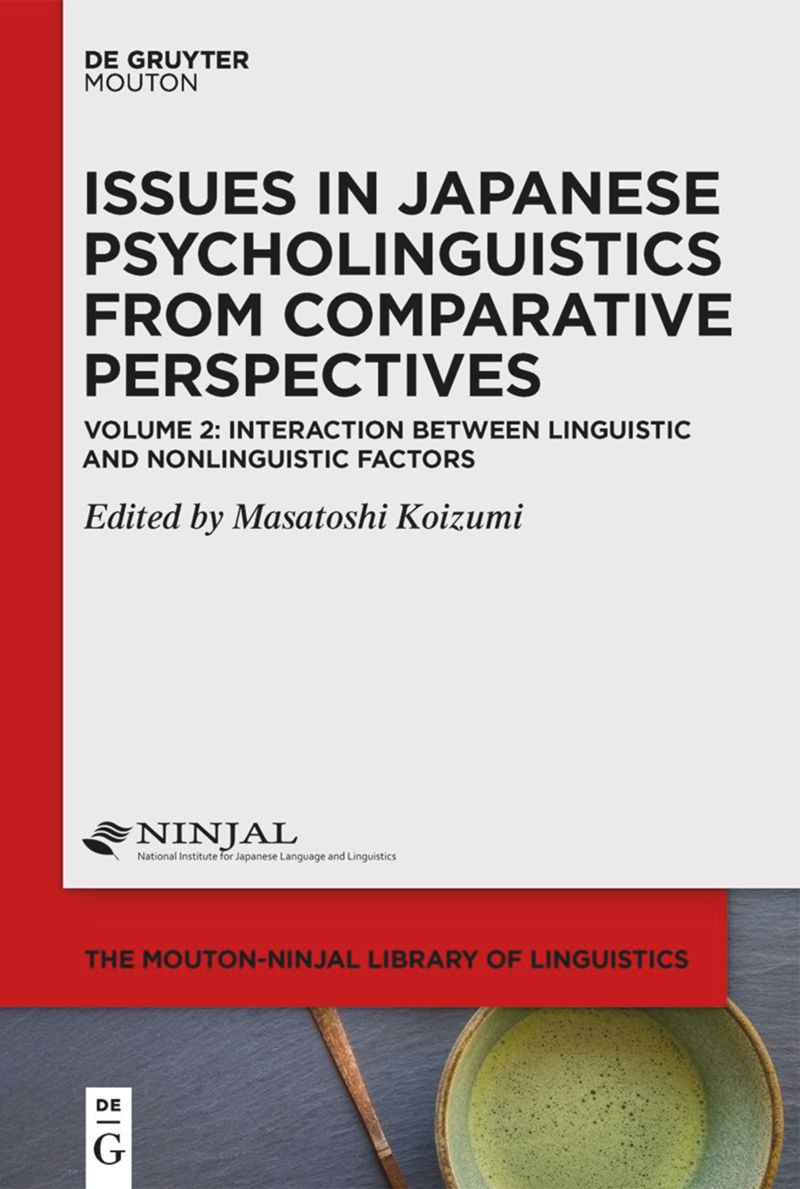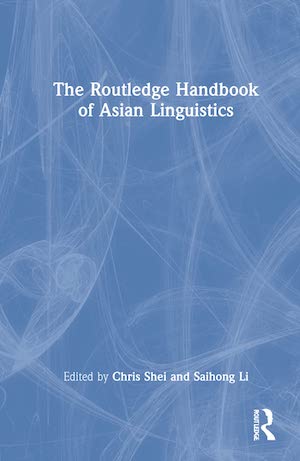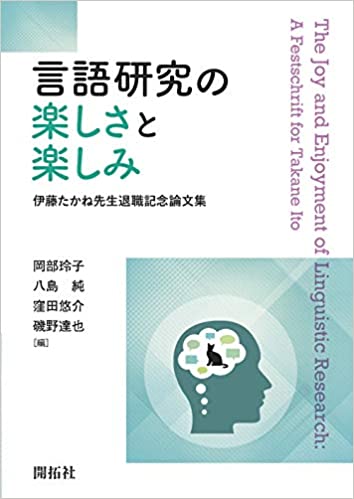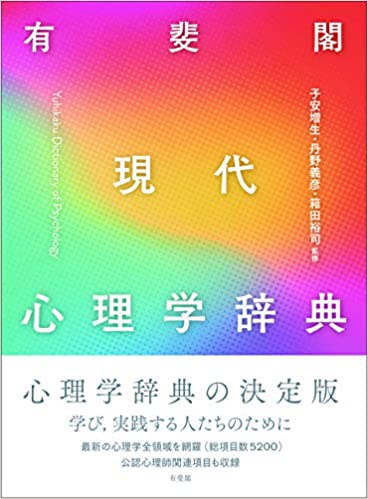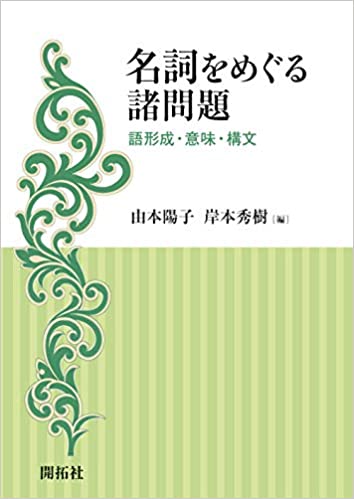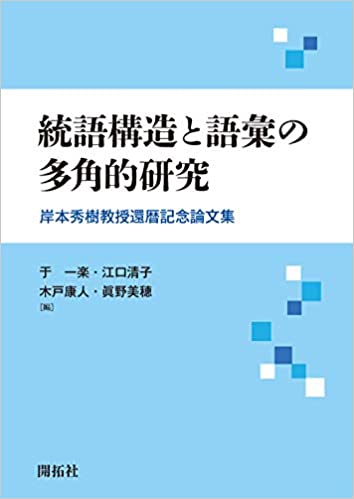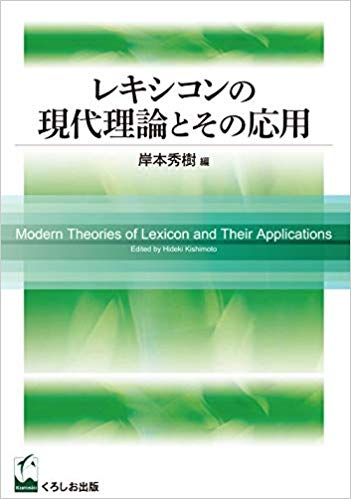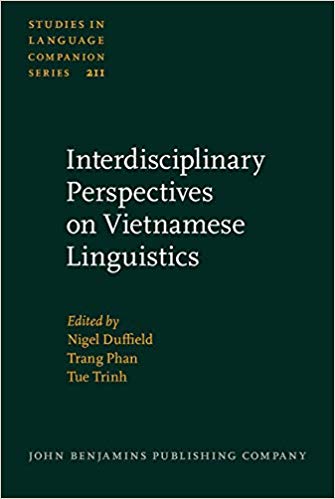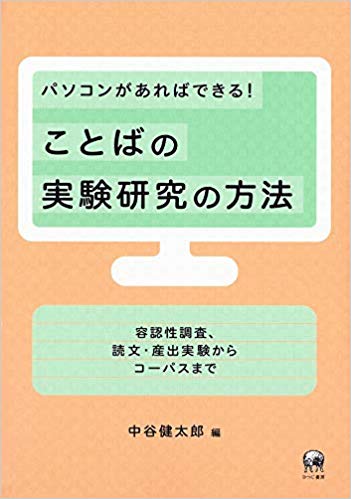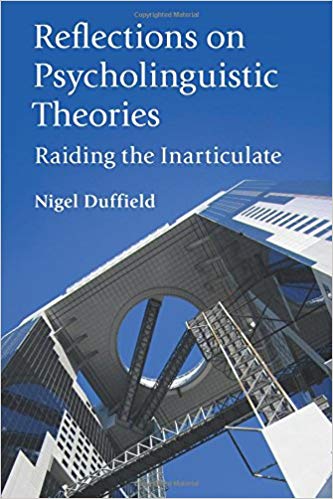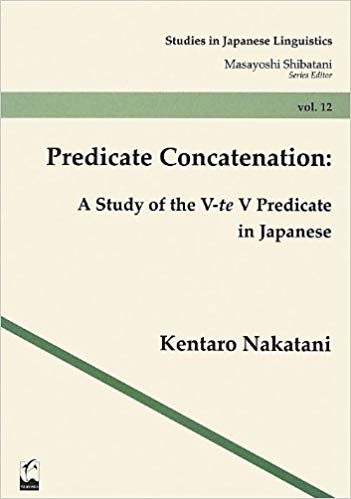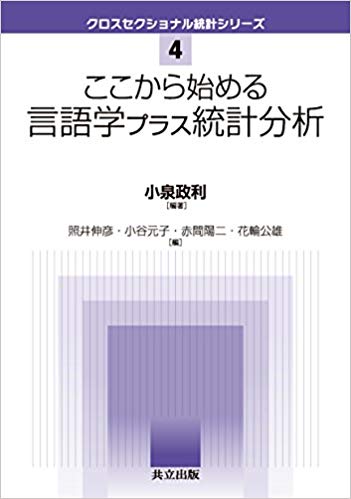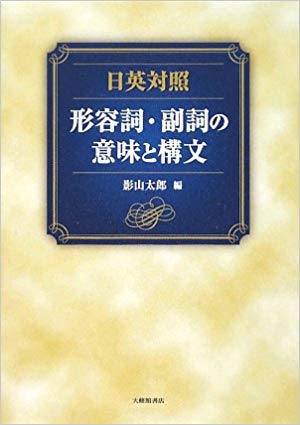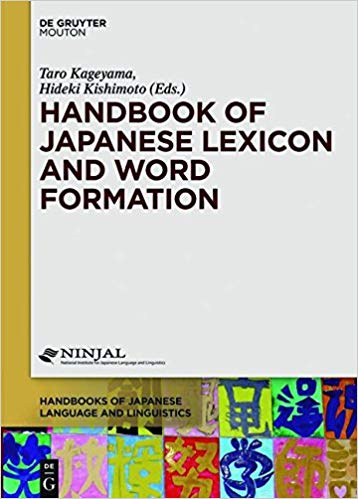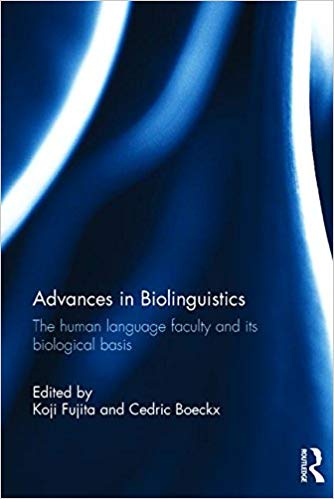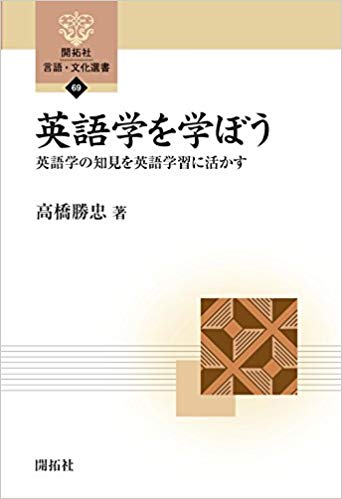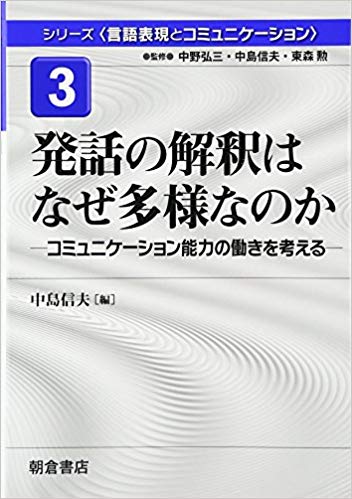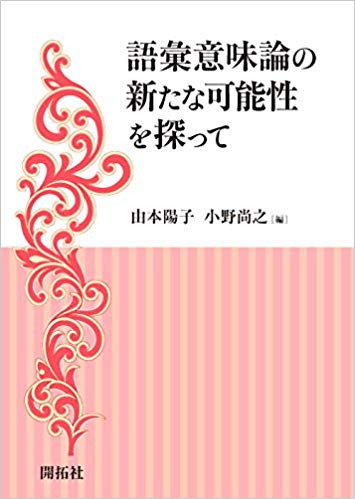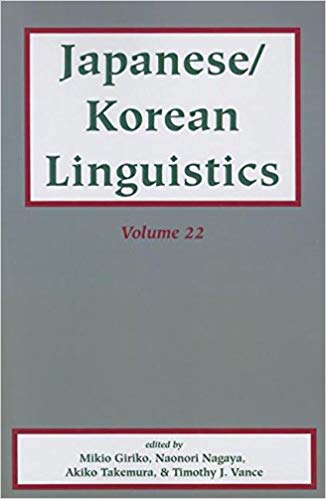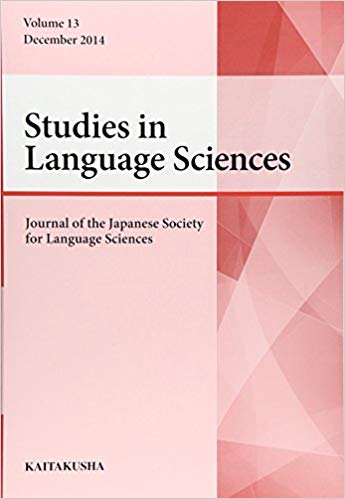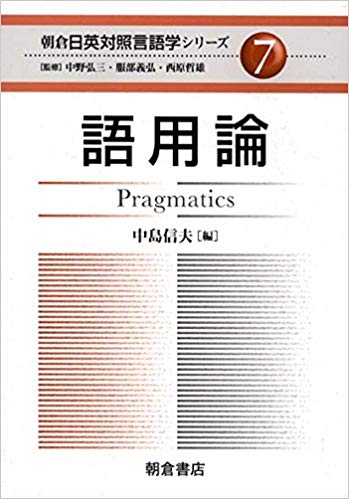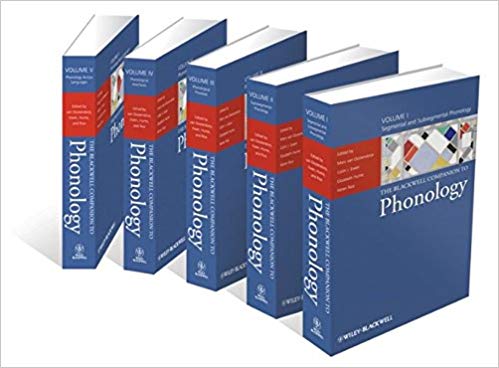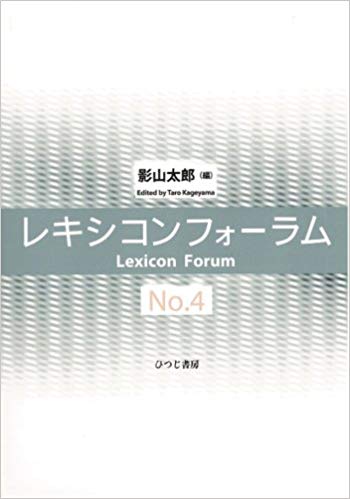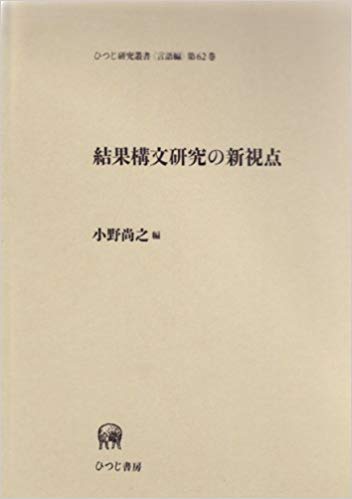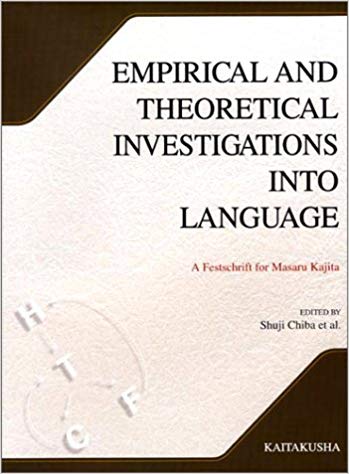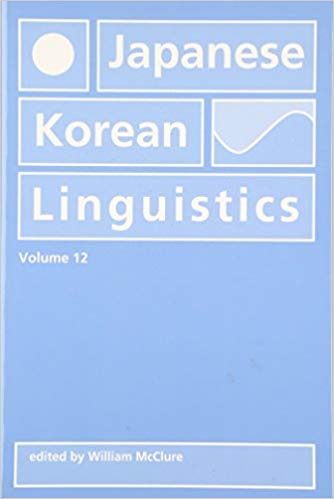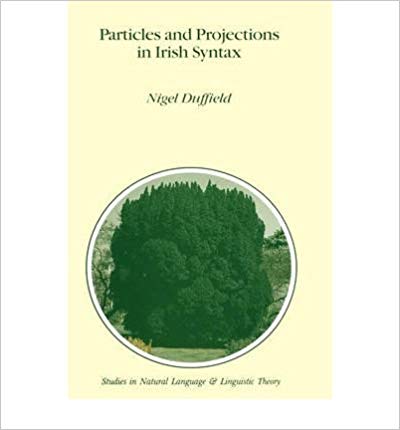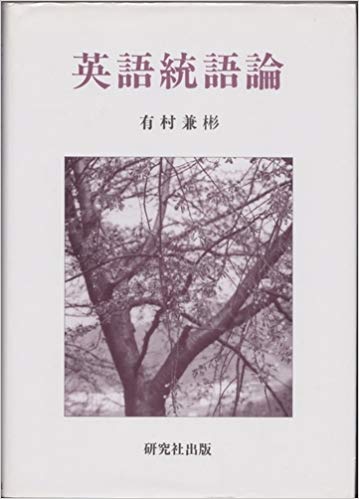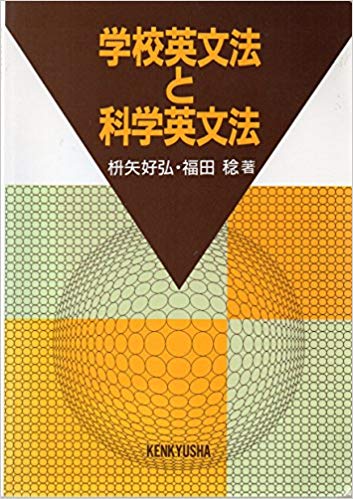Welcome to Konan PsychLing!
Linguistics/Psycholinguistics Lab at Department of English, Konan University (KonanPsychLing), which is part of the English Department, is specialized in theoretical-linguistic and psycholinguistic studies in various languages, including but not limited to English, Japanese, Irish, Vietnamese, etc. (We are part of the English Department, but our graduate linguistics program is not confined to the studies of English; our objectives are to explicate all aspects of human linguistic capacity.)
Konan University Linguistics/Psycholinguistics Lab (PsychLing) is comprised of linguistics/psycholinguistics graduate students and faculty members of the English Literature and Language program of the Graduate School of Humanities at Konan University (Kobe, Japan) (=> Japanese; English).
Our research interest ranges over various fields of theoretical and experimental linguistics including 1st and 2nd language acquisition, sentence processing, experimental phonetics and phonology, as well as theoretical syntax, lexical semantics, formal semantics, and pragmatics.
You will learn how to conduct research using various experimental methods such as acceptability judgment questionnaires, self-paced reading experiments, eye-tracking experiments, etc. You will also learn how to use R to run statistical analyses using various methods such as t-test, ANOVA, logistic regression, linear mixed-effects models, etc.
Take a visual tour inside Konan Psychling Lab to see experimental settings.
We are accepting applications from qualified students in our master's and doctoral programs. For more information, feel free to contact Ken Nakatani from the Mail Form.
Faculty members
(Please also refer to the Konan Psychling main page.)

Nigel G. Duffield, Ph.D. (University of Southern California)
Professor
Syntax, language and cognition, L1 and L2 acquisition, Vietnamese syntax
>> CV/publications

Akitoshi Fukushima, M.A. (Konan University)
Professor
Phonetics, prosody
>> CV/publications

Kentaro Nakatani, Ph.D. (Harvard University)
Professor
Sentence processing, lexical semantics
Co-organizer of Kansai Circle of Psycholinguistics (KCP)
>> CV/publications

Andrew T. Martin, Ph.D. (UCLA)
Professor
Phonology, language acquisition
>> CV/publications
Curriculum
Master's program
Our master's program is a 2-year program where graduate-level basic courses in phonetics, phonology, syntax, semantics, and psycholinguistics are offered. Students are also required to take seminar classes tailored for students' individual interests and to submit a master's thesis.
| Courses | Credits per semester |
| Seminar Ia-IVb | 2 |
| Phonetics I, II | 2 |
| Phonology I, II | 2 |
| Syntax I, II | 2 |
| Semantics I, II | 2 |
| Psycholinguistics I, II | 2 |
| Academic Writing Ia-IIb | 1 |
32 credits, of which 8 should be from Seminars, are required toward the degree.
More on the contents of the courses
Our linguistics program is more focused on theoretical and experimental linguistics than applied linguistics (e.g., TESOL), but because our program is currently very small, we are flexible in setting up courses in accordance with individual students' research plans and interests.
These classes are grad-level introductory classes whose contents are comparable to those taught in grad schools in North America. But again, we are flexible in accommodating students' needs, so for example, if the student in question already has grad-level elementary knowledge in syntax, the syntax class could be an advanced syntax class. Language-wise, we are flexible, too, so it's perfectly ok to concentrate on the study of the Japanese language. In fact, the publications by Andy Martin and by me are mostly on Japanese. Nigel has published articles on Vietnamese, Japanese, and Irish, as well as English. Comparisons of L1 and L2 speakers are also a popular topic among students.
Usually, the phonetics classes are taught by Aki Fukushima, phonology by Andy, syntax by Nigel, and semantics and psycholinguistics by Ken.
In seminar classes, students are encouraged to pursue experimental approaches. The students learn various experimental methods (questionnaires, self-paced reading tasks, maze tasks, eye-tracking, etc.) and apply statistical methods (t-test, ANOVA, linear-mixed effects models, etc.) using now standard R; in the course of doing so, they learn how to design legitimate linguistic experiments toward the completion of the thesis.
Doctoral program*
*Note that this program is a "post-master" program, for which only the applicants with a master's degree are elligible.
Our linguistics program is more focused on theoretical and experimental linguistics than applied linguistics (e.g., TESOL), but because our program is currently very small, we are flexible in setting up courses in accordance with individual students' research plans and interests.
These classes are grad-level introductory classes whose contents are comparable to those taught in grad schools in North America. But again, we are flexible in accommodating students' needs, so for example, if the student in question already has grad-level elementary knowledge in syntax, the syntax class could be an advanced syntax class. Language-wise, we are flexible, too, so it's perfectly ok to concentrate on the study of the Japanese language. In fact, the publications by Andy Martin and by me are mostly on Japanese. Nigel has published articles on Vietnamese, Japanese, and Irish, as well as English. Comparisons of L1 and L2 speakers are also a popular topic among students.
Usually, the phonetics classes are taught by Aki Fukushima, phonology by Andy, syntax by Nigel, and semantics and psycholinguistics by Ken.
In seminar classes, students are encouraged to pursue experimental approaches. The students learn various experimental methods (questionnaires, self-paced reading tasks, maze tasks, eye-tracking, etc.) and apply statistical methods (t-test, ANOVA, linear-mixed effects models, etc.) using now standard R; in the course of doing so, they learn how to design legitimate linguistic experiments toward the completion of the thesis.
Our doctoral program is a 3-year program where doctoral candidates with a master's degree take at least 8-credit worth of seminar courses with their advisors and write up a doctoral thesis.
Tuition and fees
Tuition and fees are as follows. Entrance fee is applied for the first year only.
| Entrance fee (One-time fee) | 300,000 JPY |
| Tuition | 617,000 JPY |
There's an opportunity of need-based tuition reduction for international students.
If applied, the tuition will be 431,900 JPY.
There's also a merit-based scholarship program.
If awarded, 200,000 JPY will be awarded (per year).
As mentioned above, the master's program is a 2-year program and the post-master doctoral program is a 3-year program, but if a student wants/needs to stay for more than these minimum years and if the student has finished all the required course work, the tuition afterwards will be reduced to a quarter of 617,000 JPY.
There will also be possibilities of research assistanceship and teaching assistantship.
Language proficiency
A prospective student must be proficient in English. A student is also expected to be capable of using Japanese to some extent. They do not have to be fluent in Japanese (as long as they are fluent in English) because all the classes could be taught in English upon request, and the thesis should preferably be written in English. Also, Konan International Exchange Center can help you with various troubles you may encounter as an international student here in Japan. However, it would of course make your life much easier if you are capable of using Japanese, at least at the N3 level, preferably at N2 (though, of course, N1 is the most desirable).
Application
Application documents in PDF will be available online from https://www.konan-u.ac.jp/exam/graduate/application/.
In short, applicants will be required to file the following. If you are interested in applying, it would be a good idea to be prepared in advance.
- Certificate of (expected) graduation
- Transcript
- Research proposal
- Essay or a copy of your senior thesis
- Recommendation letter
- English proficiency test score unless you are graduating (or gradutated) from a university that uses English as the main language
Application schedule 2025-2026 (tentative)
| Who are eligible? | Application period | Date of the interview |
| International students | July 21--July 28, 2025 | September 6, 2025 |
| Domestic and international students | July 24--July 31, 2025 | September 6, 2025 |
| Qualified Konan students | September 19--September 26, 2025 | October 11, 2025 |
| Domestic and international students1 | January 12--19, 2026 | February 21, 2026 |
Those who are interested are encouraged to contact one of the faculty members for details.
